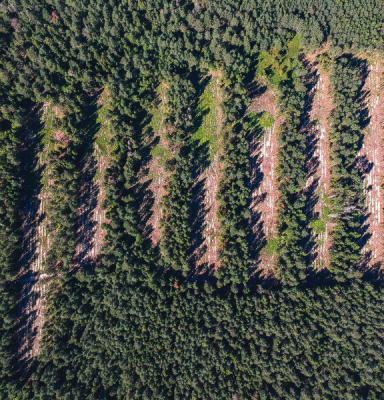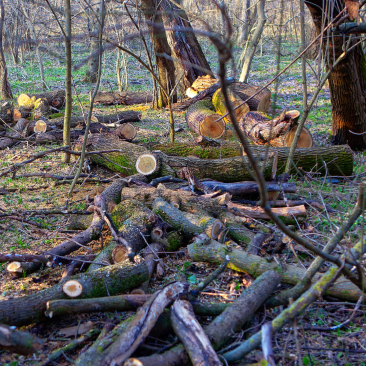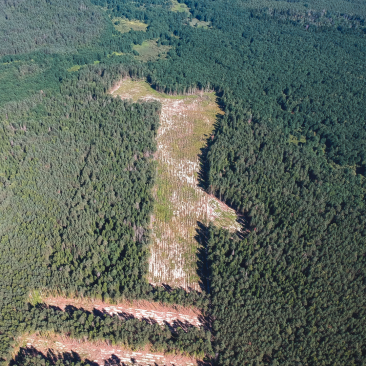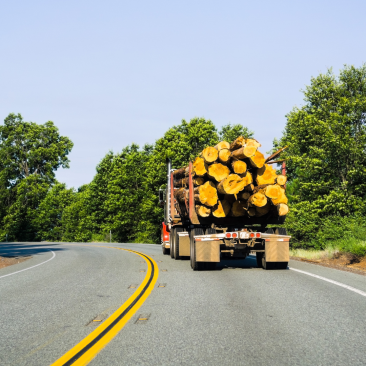
-

Violations of public trust
- Forestlands allocated unlawfully to other uses
- Issuing and implementing regulations conflicting with other/higher regulations to legalize illegal timber products and activities
- Issuing logging concessions, permits and authorizations in exchange for bribes and other private economic and political benefits
- Using bribes, threats and violence to avoid prosecution/penalties or to obtain complacency
- Using funds from illegal forest activities for political purposes
-

Violations of public, communal or private ownership rights
- Illegal expropriation of indigenous, community or private land and/or forests
- Illegal occupation of public forestlands, including slash and burn agriculture
- Illegal harvest on public lands (outside concession areas)
- Illegal harvest on indigenous lands
-

Violations of forest management regulations and other contractual agreements in either public or private forestlands
- Logging without authorizations and/or required plans
- Logging in excess of permitted cut
- Logging unauthorized volumes, sizes, species (including protected ones)
- Logging in prohibited areas such as steep slopes, riverbanks and water catchments
- Girdling or ring-barking to kill trees so that they can be legally logged
- Logging in protected areas
- Arson to force conversion to other land use
-

Violations of transport and trade regulations
- Transporting logs without authorization
- Smuggling timber
- Exporting and importing tree species banned under international law, such as CITES
- Exporting and importing timber in contravention of national bans
-

Violations of timber processing regulations
- Operating without a processing licence
- Expanding capacity without authorization
- Using illegally-obtained wood in industrial processing
- Operating in violation of environmental, social and labour laws
- Violations of financial, accounting and tax regulations
- Untrue declarations of volumes, species, values
- Declaring inflated prices for goods and services purchased from related companies, including transfer pricing
- Evasion and avoidance of taxes
- Money-laundering through forest activities, or from illegal forest activities
Do you want to learn more about the illegal forestry activities? All of the data above has been taken from the public document Illegal Logging and Related Timber Trade – Dimensions, Drivers, Impacts and Responses (IUFRO World Series Vol. 35) which is available on the link below.
You also may be interested in
